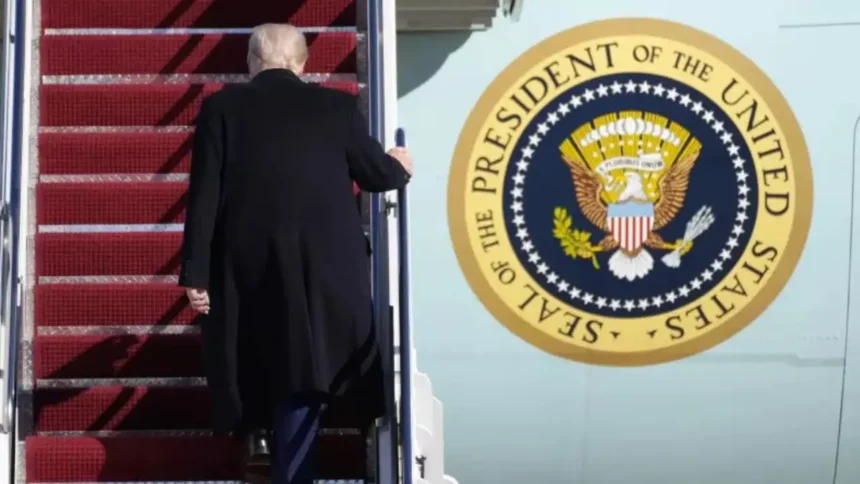Donald Trump never one to shy away from controversy, sent the internet into a frenzy with a single post on Truth Social. He quoted a phrase often linked to Napoleon Bonaparte: “He who saves his Country does not violate any Law.”
The statement, brief yet loaded with implication, set off a firestorm of speculation. Was this a veiled justification for his legal troubles? A rallying cry for his supporters? Or merely another headline-grabbing tactic?
Within minutes, the post went viral. Social media erupted with outrage, mockery, and impassioned analysis. Critics wasted no time drawing comparisons between Trump and history’s most infamous autocrats.
“This is crazy talk,” one user posted bluntly. Another quipped, “Might want to run that past some lawyers, champ. NOT Giuliani.”
Others took a darker turn, suggesting that Trump’s words hinted at dictatorial aspirations. “Translation: I want to be a dictator,” a prominent political commentator warned.
Another remarked, “Maybe we should consider an island exile for Trump too,” a not-so-subtle nod to Napoleon’s fate on Saint Helena.
Trump’s post comes at a precarious time. His legal battles are mounting, and the courts remain a battleground where his influence is tested. His controversial policies—both past and proposed—face relentless scrutiny.
His aggressive stance on immigration has led to multiple lawsuits challenging his attempt to end birthright citizenship. His push to reshape the federal workforce through sweeping executive orders faces fierce legal resistance.
Even Vice President JD Vance has stoked the flames, recently declaring, “Judges aren’t allowed to control the executive’s legitimate power.”
This remark alone sent shockwaves through legal circles, raising fears of an impending constitutional crisis.
With these looming legal fights, some critics view Trump’s Napoleon reference as more than just an offhand remark.
Could it be a calculated move to signal defiance? A message to his base that laws are mere obstacles to be overcome?
Napoleon Bonaparte’s rise to power was marked by a blend of military genius, populist rhetoric, and political maneuvering. He justified sweeping power grabs by claiming he acted in the people’s best interest.
The Napoleonic Code redefined law in Europe, yet his reign ended in exile, a cautionary tale for leaders who overstep their bounds.
Trump’s use of Napoleon’s words doesn’t just evoke history; it revives an age-old debate about the balance between leadership and legality.
When does a leader’s claim of acting for the greater good become a justification for unchecked authority?
As Trump’s legal battles intensify, his cryptic post underscores the deep divisions shaping American politics.
To his critics, it signals an authoritarian mindset willing to sidestep legal norms. To his supporters, it reads as a defiant stand against a system they see as rigged against him.
What remains certain is Trump’s unparalleled ability to command the conversation.
Whether his words foreshadow future actions or merely serve to inflame the discourse, one thing is clear: the political landscape is far from settled, and his influence is anything but diminished.
Clark is a 26-year-old expert working for consumer protection, Clark has dedicated years to identifying and exposing fraudulent schemes. He is working with NGOs to help people who are victims of scams. In his free time, Todd plays football or goes to a bar.







